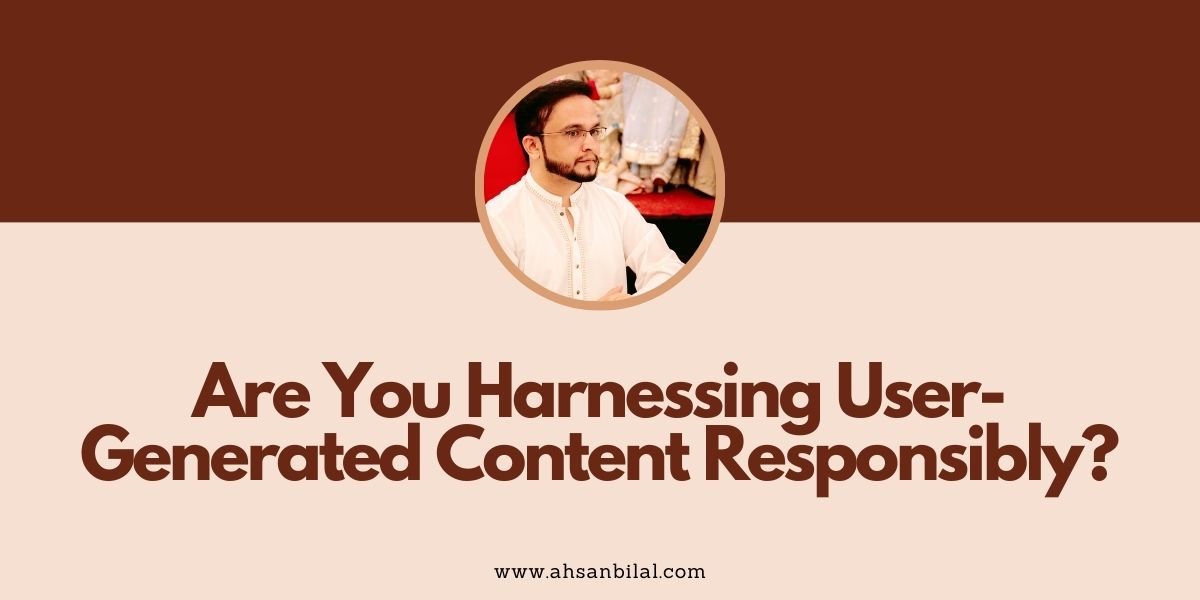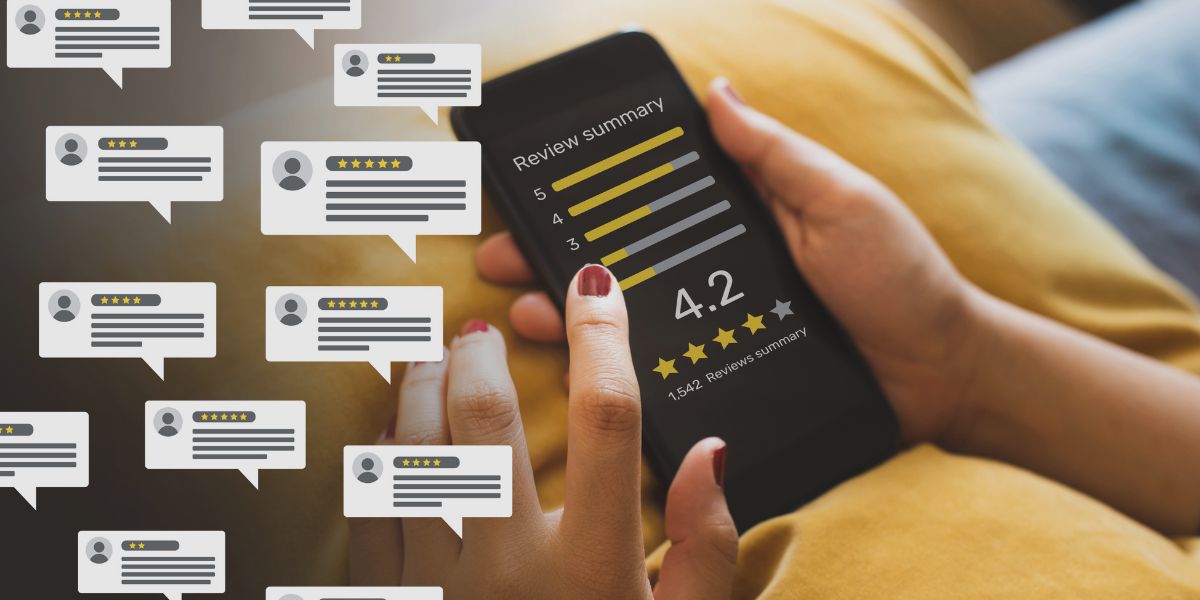Are You Harnessing User-Generated Content Responsibly?
In the ever-evolving landscape of digital marketing, one strategy has consistently proven its efficacy: user-generated content (UGC). From customer reviews to social media posts, UGC has become a cornerstone of modern marketing campaigns. However, with great power comes great responsibility. Are brands truly harnessing User-Generated Content responsibly, or are they unwittingly crossing ethical boundaries in pursuit of engagement and authenticity?
UGC encompasses any content created by users, rather than brands or marketers themselves. This can include reviews, testimonials, social media posts, videos, and more. Its allure lies in its validness and appeal. Consumers trust their peers more than traditional advertising, making UGC a powerful tool for building brand credibility and fostering community engagement.
Yet, the allure of UGC can sometimes lead brands down a slippery slope, where ethical considerations take a backseat to the pursuit of virality and brand visibility. Let’s explore some key ethical considerations for brands harnessing UGC:
- Transparency: Are brands transparent about their use of UGC? Transparency is paramount in maintaining trust with consumers. Brands should clearly disclose when content is user-generated and refrain from misleading practices that blur the lines between organic and sponsored content.
- Consent: Do brands obtain proper consent from users before using their content? It’s essential to respect the rights of content creators and seek permission before repurposing their content for marketing purposes. This includes obtaining explicit consent for the use of images, videos, or testimonials in promotional materials.
- Authenticity: Are brands authentic in their use of UGC? Authenticity is the cornerstone of effective UGC campaigns. Brands should resist the temptation to manipulate or fabricate user-generated content, as this can erode trust and damage brand reputation. Authenticity cannot be manufactured; it must be earned through genuine interactions with consumers.
- Representation: Does UGC reflect the diversity of your audience? Representation matters in marketing. Brands should strive to amplify diverse voices and perspectives in their UGC campaigns, avoiding tokenism or stereotyping. By showcasing a range of experiences and identities, brands can foster inclusivity and resonate with a broader audience.
- Responsibility: Are brands mindful of the potential impact of UGC on individuals and society? With great reach comes great responsibility. Brands should consider the potential consequences of amplifying user-generated content, taking care to avoid harm or exploitation. This includes refraining from sharing sensitive or inappropriate content and proactively moderating user submissions to ensure compliance with community guidelines.
As brands continue to leverage the power of UGC in their marketing efforts, it’s crucial to prioritize ethical considerations every step of the way. By embracing transparency, seeking consent, maintaining authenticity, promoting representation, and exercising responsibility, brands can harness user-generated content in a way that benefits both their bottom line and society as a whole.
Final Thoughts
In conclusion, the responsible harnessing of user-generated content is not just a matter of good business practice; it’s a moral imperative. Brands have a duty to uphold ethical standards in their marketing endeavors, ensuring that UGC is used respectfully, transparently, and authentically. By doing so, brands can build trust, foster meaningful connections with consumers, and contribute positively to the digital landscape.










